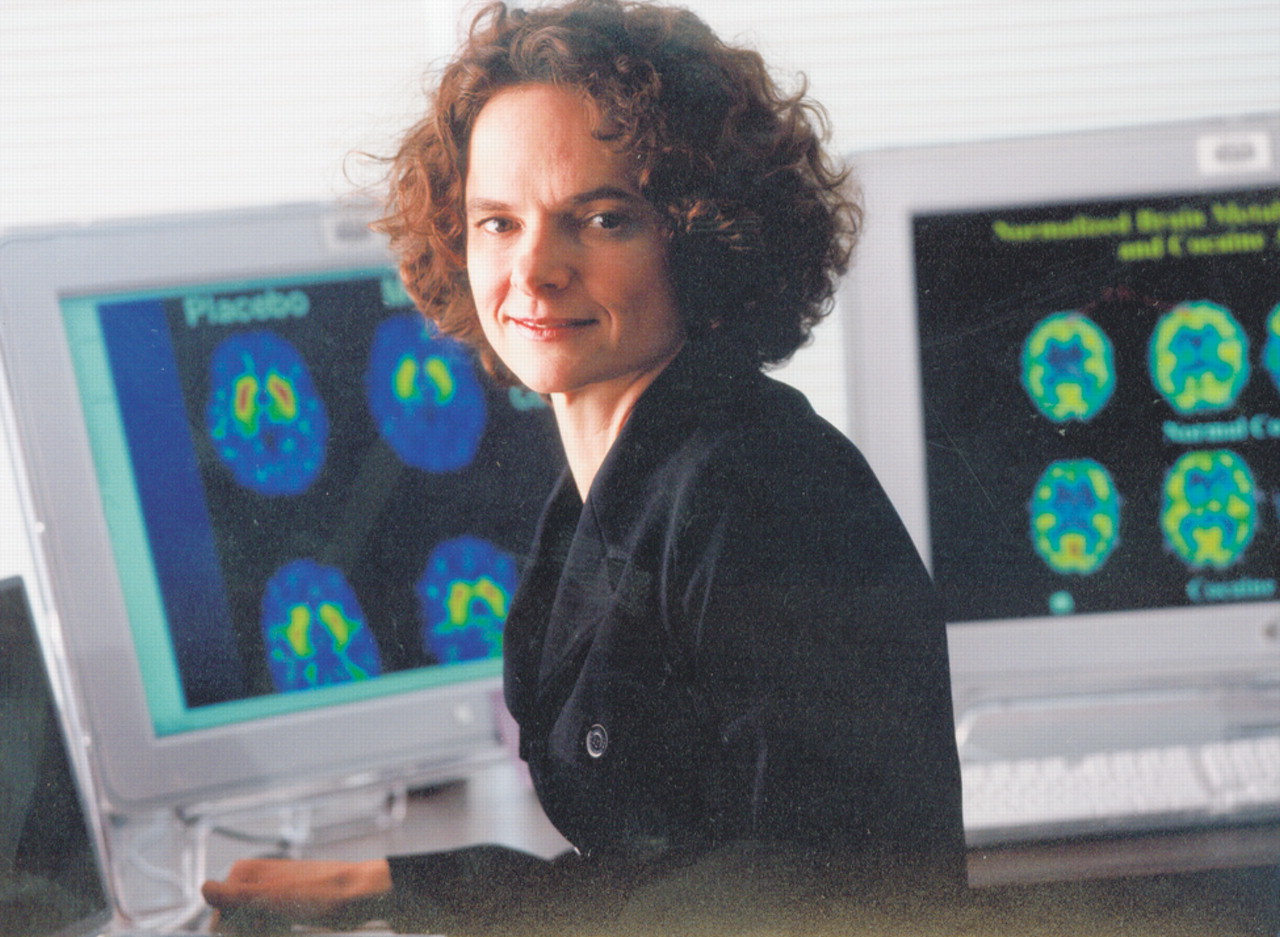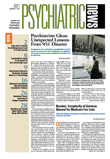National Institute on Drug Abuse (NIDA) Director Nora Volkow, M.D., told APA's Board of Trustees that she would like the Association's help in attaining three high-priority goals: “changing the culture of psychiatric practice, changing residency education, and changing reimbursement policies.”
Volkow addressed the Board at its July meeting. She was the first of three directors of the National Institutes of Health's mental illness agencies invited to address the Board by APA President Pedro Ruiz, M.D.
In addition to Volkow, Ruiz has invited National Institute of Mental Health (NIMH) Director Thomas Insel, M.D., and National Institute on Alcohol Abuse and Alcoholism (NIAAA) Director Ting-kai Li, M.D. The NIMH and NIAAA directors are expected to address the Board later this year.
“One of my objectives during my presidential year is to try to build very close relationships—on the institutional level— between APA and the three institutes,” Ruiz told the Board.
He asked Volkow to provide the Trustees with an update on NIDA's current research priorities and future research goals. He then asked Volkow to tell the Board “whether there are any areas in which APA and [NIDA] can work a bit closer in order to help each other achieve their goals.”
Volkow began by describing her concern over a long-running problem, one she first became aware of “during the very first days of my training as a psychiatrist, and that was being told that I could not admit an addicted patient to a psychiatric unit. The problem then was that many psychiatrists were not—and many still are not— recognizing that substance abuse is a mental disease.”
The problem persists today, according to APA's immediate past president, Steven Sharfstein, M.D., who noted that for about the last 10 years the care of patients admitted to a hospital with a diagnosis of substance abuse alone is not covered; patients are eligible for coverage only if they have a co-occurring psychiatric diagnosis.
Substance abuse has long played “second fiddle” to other mental illnesses, Volkow noted, always being separated, sounding like an afterthought when people discuss “mental illness and substance abuse.” The separation, she said, “helps no one.”
“Most patients—the overwhelming majority—have problems with substance abuse and another mental illness,” Volkow said. “We must work both actively and proactively to end this separation of the two.”
Volkow recounted significant advances in research showing that substance-abuse disorders appear to have significant genetic influences that seem to be most important during adolescent development and are subject to environmental influences as well.
NIDA, Volkow said, currently has three primary research priorities.“ First, how do we generate science that will help us prevent drug abuse and addiction? Second, how do we develop better treatments? And the third relates to HIV/AIDS. Drug abuse and addiction is a significant contributor to HIV/AIDS in this country and worldwide. We must address this.”
Following her presentation of recent research advances and future research goals, Volkow was asked by APA President-elect Carolyn Robinowitz, M.D.,“ How do you see [APA] partnering with, or assisting with, the institute in such areas as public policy, appropriations, and public information?”
“I think APA plays an extraordinary role,” Volkow replied,“ and that's why I'm interested in solidifying our partnership. First of all, recognition that substance abuse is a primary mental disorder is a must.”
Noting that she was being candid, Volkow added that “two recent APA presidential presentations that I attended were very good, very eloquent. Yet there was not a single word about drug abuse or addiction.” That“ silence” on drug abuse, she said, “is a form of stigmatization.”
For those already in practice, “the notion of education, of changing the culture of psychiatry, is extraordinarily important,” she emphasized, and APA can play a vital role in that change.
For those in medical school and residency, more information must be included on substance abuse. Too little attention is currently being paid to this important topic, she noted.
Finally, Volkow said, on the policy front, “I cannot lobby, but I can tell you what the roadblocks are. It does not help us at all that we do not have parity for substance abuse.”
After Volkow concluded her presentation, Ruiz said that he “will be following up on those challenges” and will offer to hold a meeting between NIDA officials and members of APA staff and components to explore the issues she raised.
More information on NIDA's research priorities is posted at<www.nida.nih.gov>.▪

